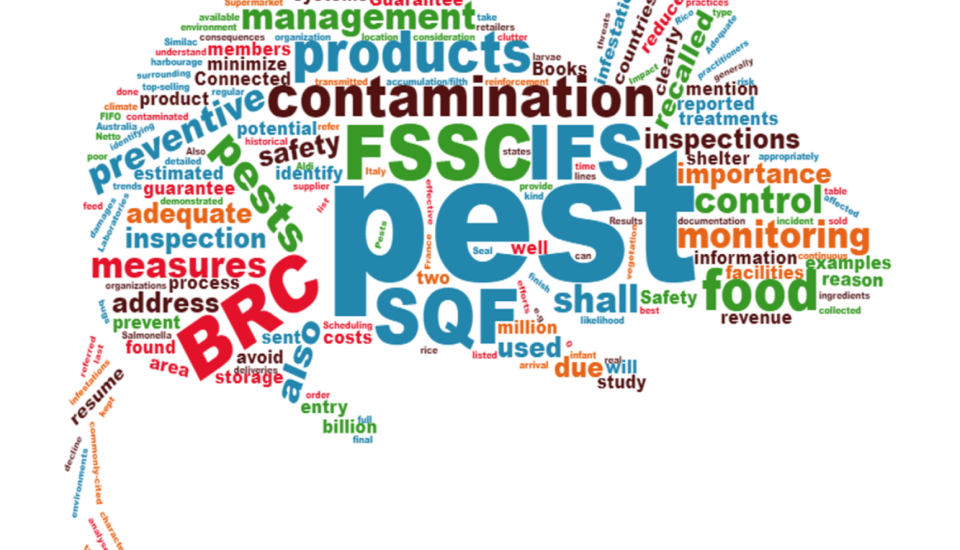
Use of alcohol-based handrubs can be prohibited according to religious beliefs.
During the implementation of food safety systems and particularly on personnel hygiene and health status requirements we often come across with considerations that condition the application of good practices, based on cultural, religious or legal issues.
An interesting publication by WHO (Guidelines on Hand Hygiene in Health Care: First Global Patient Safety Challenge Clean Care Is Safer Care) dedicates one chapter to the religious and cultural aspects of hand hygiene. One of the most curious topics is about how the simple use of alcohol-based handrubs can be prohibited according to religious beliefs or even according to the degrees of interpretation of specific religious affiliations on the use of alcohol.
FSSC 22000*, BRC, IFS and SQF have different approaches on the theme. FSSC 22000 presents several examples of these limitations that condition employee medical examinations, illness reports and the use of jewelry. In BRC an exception is open to allow the use of wedding rings. In IFS and SQF religious or cultural issues are not addressed.
The fact that BRC and IFS were founded and developed by retail associations of specific countries (all European) may have made considerations about different cultural or religious beliefs less obvious. In opposition, FSSC 22000 is a more recent scheme and uses an ISO-based prerequisite program developed intentionally to be applied in any country of the world. The dissemination of BRC and IFS as worldwide schemes and also the increasing multi-racial and multi-cultural workforce of the food industry will be variables that may (or not) imply changes on these subjects in the future.
Until recently I also accepted those conditioning aspects as natural, not reflecting profoundly on what they meant. Something changed when I was collaborating with some ideas to the new Prerequisite programs on food safety for storage and distribution promoted by an International stakeholder group.
Hazards that can cause the product to become unsafe may be disregarded depending on people cultural or religious beliefs
It came to my mind that what is implicitly stated, e.g., in the examples given above is the recognition that hazards that can cause the product to become unsafe may be disregarded depending on people cultural or religious beliefs.
We must remember that food safety schemes like FSSC 22000, BRC, IFS or SQF are not mandatory. This way, any organization that cannot (or does not want to) implement a restricted scientific approach to hazards is free to do it but probably should not apply for scheme certification.
Do you share my concern? Should or can these issues be addressed differently?






